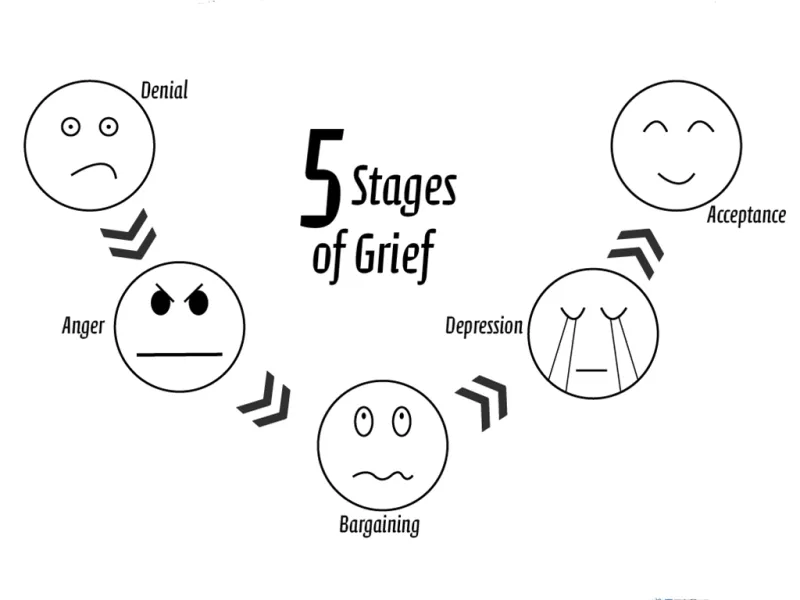Two days into a hospital admission for the treatment of alcohol dependence and detox, a patient of mine wanted to go home. He said that he would be able to handle rehab on his own by attending AA meetings. When he mentioned his desire to leave, many thoughts raced through my mind:
- Was he having an alcohol craving?
- Was he bored of the arts and craft activities on the unit?
- Did he want to go hang out with his friends?
- Was he missing a significant other?
Whatever his thought process, his end goal was clear: he wanted to leave the hospital. To convince the veteran of the importance of him staying on the unit, my resident helped the veteran to understand the ways that alcohol changes the brain.
EFFECTS OF ALCOHOL ON THE BRAIN
In short: Prolonged alcohol use creates a neuronal dependence on alcohol, which makes it very challenging for individuals with alcohol use disorder to achieve and sustain sobriety.
In technical terms: When alcohol (and other substances like benzodiazepines) activates GABA receptors, changes occur to the user’s anxiety levels and response to stress. Prolonged alcohol exposure desensitizes the brain’s GABA receptors, which in turn leads to dependence on increasing levels of alcohol to achieve the same level of relief as before. In the instance of abrupt sobriety, the brain lacks GABA receptors’ downregulatory effects. As a result, the withdrawal of alcohol from the body then leads to withdrawal symptoms ranging from anxiety, nausea, and abdominal pain to seizures, comas, and even death.

Though the veteran initially felt confident that he could go home and stay sober, as a treatment team, the resident and I helped him to realize that he needed inpatient assistance to help reduce his neuronal dependence on alcohol. In other words, my patient needed time for his brain to heal so that his mind power could match his willpower.
THE PATH TO HEALING
Similar to this veteran, when we’re hurting, we often don’t allow ourselves enough time to heal. Whether it’s a breakup, being looked over for a big promotion, or the death of a loved one, we often try to jump back into the regular routine of life too soon. I like to think of the Kubler Ross Five Stages of Grief as the stages of healing.

Though we don’t have to go through the stages in this order, or even go through every stage, it’s important to recognize that these feelings are normal (dare I say necessary) after a physical, emotional, mental, or spiritual trauma. However, it is once we reach the stage of acceptance that healing can take place.
The last thing that I want to share with you is the importance of a good support system as you search for either physical, emotional, mental, or spiritual recovery. Do the people around you and the places you visit help you to get to where you want to go? Like my patient, we often think that we can handle our issues on our own. We ignore the people and resources around us that can get us to a place a healing – a place of triumph.
One of my patients said it best:
“My goal is to find a good support system and recognize when people I reach out to are unable to support me in the way that I need”
Who are the go-to people in your life? What resources do you use to help get yourself back on track? Share your thoughts below!
As always, thanks for reading!
Peace and blessings,
-Atasha Jordan, MD (to be)






